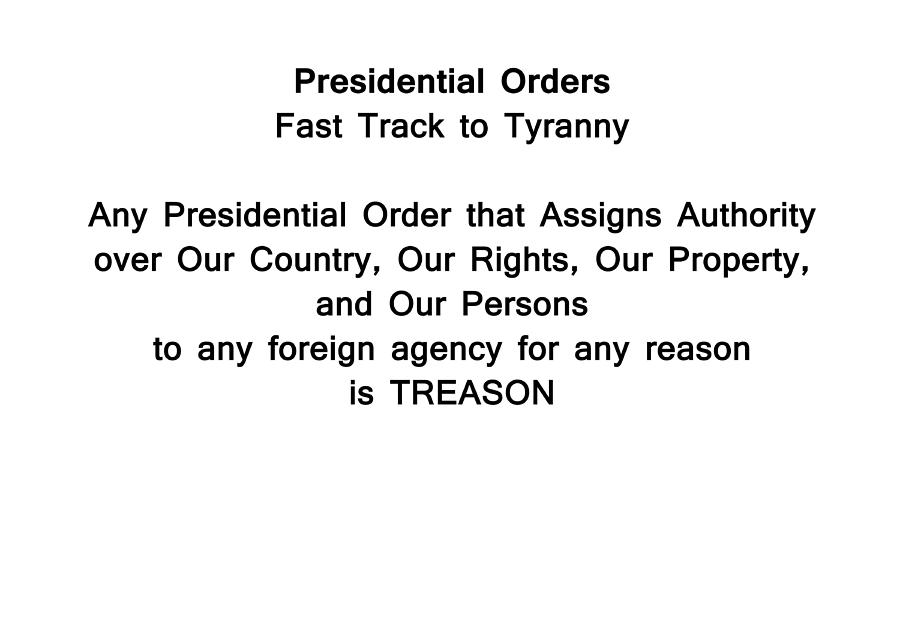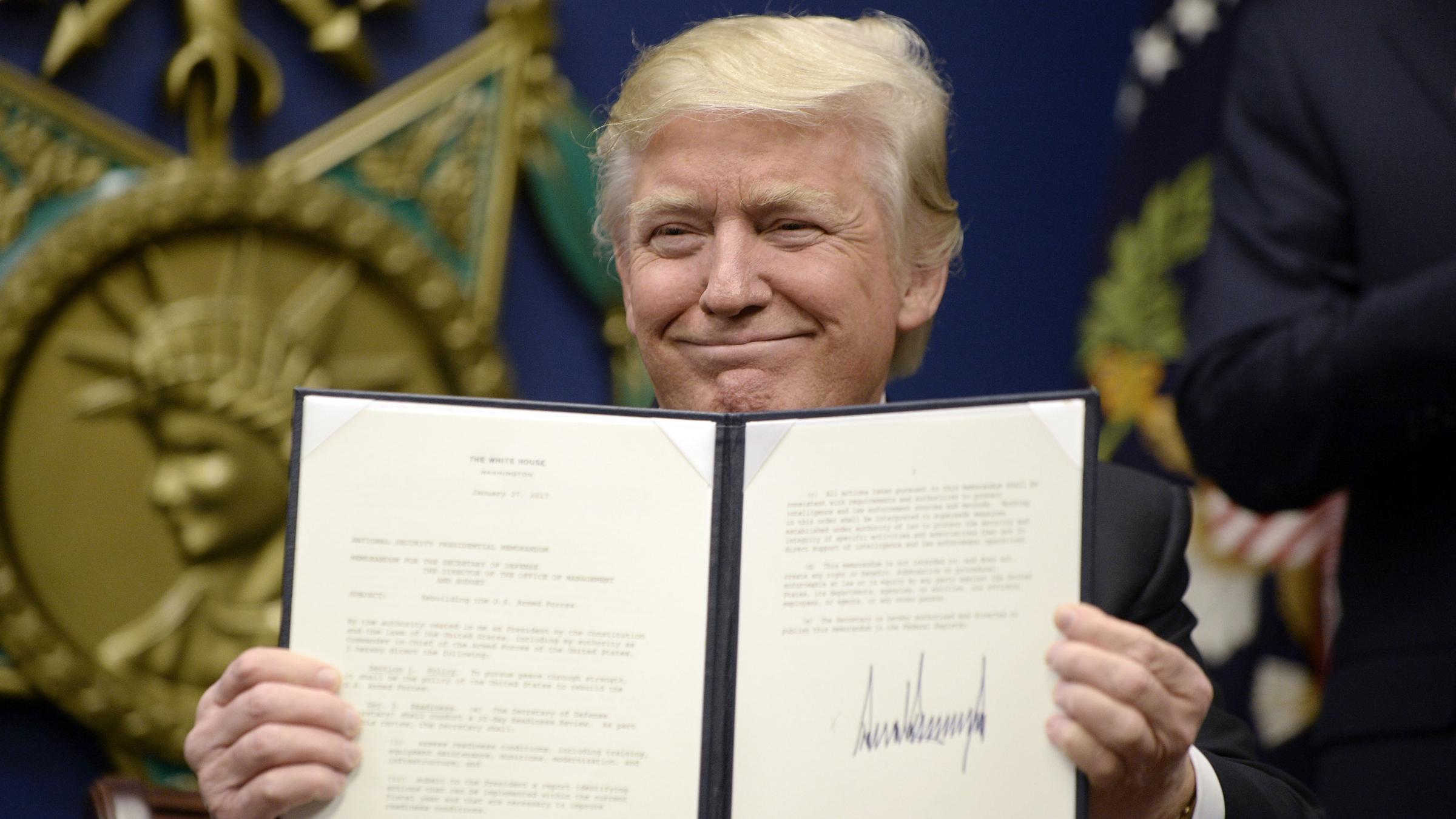
It would be unreasonable (and indeed impossible) for a single individual, the president, to make certain that his or her directives are being effectively enacted at the departmental level. Put simply, executive orders are not self-executing by their very nature their implementation depends on the willingness of agency employees to put them into place. I find that if the president names the agency to carry out the EO, requests that the rule be formally promulgated, and if the agency head is ideologically aligned with the president, then the agency will be much more likely to implement the order. In new research I set out to demonstrate the conditions under which agencies respond to executive orders from the president and offer some important conclusions about the true limitations of these supposedly “unilateral” directives. The president may nominally head the bureaucracy, but with so many administrative layers in play it is worth asking when, how, and if these orders are faithfully implemented. The question remains, however: just how impactful are executive orders (EOs) in affecting real policy change within the federal bureaucracy? Though the presidency may seem more oriented for action than the Congress, given the fact that there is a single actor at the head of the institution, the truth of the matter is that the executive branch is comprised of many individuals with their own preferences and goals. A noble order, to be sure, yet many worry about the ability of the president to use these directives for purposes that may not be so noble. They are, therefore, more ephemeral methods of establishing policy than standard laws, but nevertheless their impact can be particularly significant: as one familiar example, EO 9981 issued by Harry Truman led to the desegregation of the military, a goal the president was able to accomplish by using his authority as commander-in-chief to direct the military departments. Though these directives carry the force of law, they cannot contradict congressional statute and can easily be undone at the president’s direction.

One often-discussed facet of presidential power is the executive order, an administrative tool that presidents can use to direct the behavior of federal agencies. These concerns are understandable given our broad expectations as citizens for a government that is both representative and that does not concentrate too much power in any sector. He also warns that if the president appoints agency staff on the basis of their politics, rather than competence, then they may risk ending up with less competent management, which will drag down their implementation of executive orders.Ĭoncerns about presidential power are as old as the presidency itself, irrespective of which party may be in control of the White House at a given time. He finds that the president can increase this probability by naming the agency involved and if the agency is headed by an ideological friend.


But are the executive orders issued by the president actually acted upon by the agencies meant to carry them out? Using twenty years of data on executive orders, Joshua Kennedy finds that, on average, any given executive order has only a 2.5 percent probability of being implemented. Boehner is planning a lawsuit against President Obama over his use of executive orders after months of concerns from Republicans over what they term Obama’s ‘imperial presidency’. This week has brought the news that House Speaker John A.


 0 kommentar(er)
0 kommentar(er)
